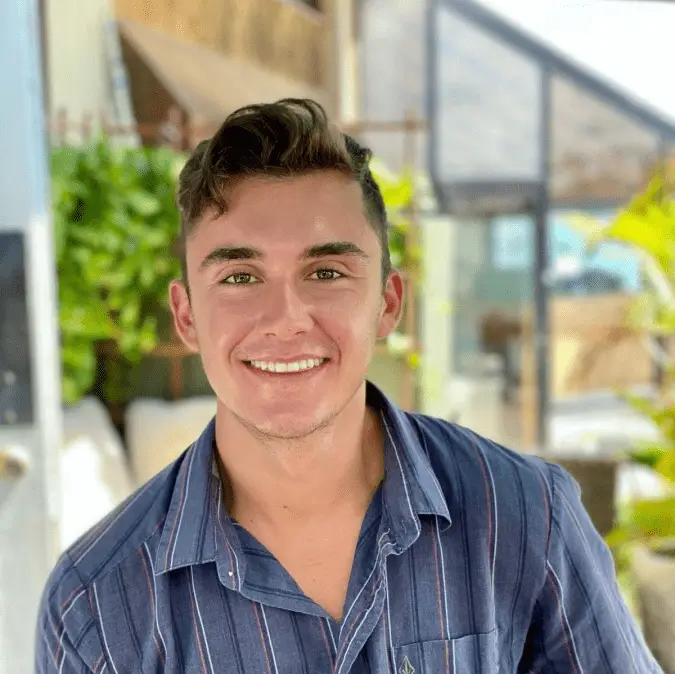Diagnosed with ADHD as a child – wasn’t medicated. Didn’t like school, got in a lot of trouble when I was younger. Played a ton of video games. Started a business in middle school creating minecraft servers. I skated by through school in general. Skipped class a lot, would just cram before tests. Started doing martial arts my senior year of high school to build discipline to figure out what I wanted to do with my life. After that, went to Santa Barbara City College for 2 years. Became student body president, achieved with a 4.0 GPA, and transferred to UC Berkeley. Double majored in computer science and business.
After college, I built a start up, which we shut down after ~8 months. Then I worked as a product manager for 1.5 years at Workday. January 2022 I left my job at Workday, and started building Joon with my 2 co-founders full-time. It uses a game to motivate kids with ADHD to do productive activities in real-life (like schoolwork, exercise, chores, and daily responsibilities). We’ve grown from 0->2K paid subscribers in the past 3 months, and have raised $2.1M in venture capital (backed by Y Combinator).








This was a fantastically helpful and interesting podcast. Thank you so much, Penny and Isaac, for sharing this. As a parent, I'm always looking for success stories to inspire, and instil hope for the future. This podcast proves that so many of the challenges our young people face can be overcome with time, through identifying strengths and interests, and working with them as far as possible. Not an easy process, but a key priority to enable progress. Isaac, your story is wonderful, and you present it so engagingly. Penny, you so brilliantly identify so accurately the challenges and concerns for parents and neurodivergent young people, and provide amazing material to reflect this. Thank you for such informative and supportive podcasts!